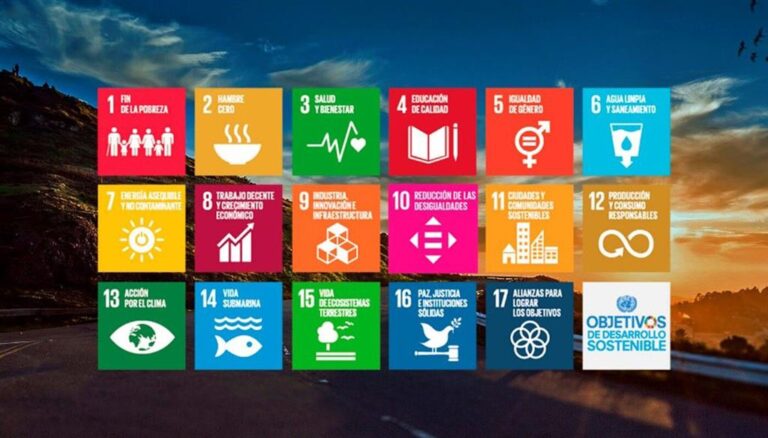In his speech during the Summit dedicated to the global goals established by the United Nations until 2030, the president estimated that an important part of the problem is the lack of progress in establishing effective alliances and the failure of the international community to Time to honor your promises.
“International financial commitments, whether 0.7 percent of the Gross National Product for Foreign Development Assistance – a commitment made 50 years ago – or the one hundred billion dollars under the Paris Agreement to developing countries development, among others, have not been fulfilled,” he assured.
Furthermore, he continued, our international financial architecture is out of sync with the needs of nations with fewer resources and must be reformed.
As he argued, there will be no world in which everyone, everywhere enjoys their full human rights, peace and security, and is free from poverty and hunger, unless the right to development is respected.
“Guyana believes that significant progress can only be made in achieving the SDGs if national efforts are accompanied by the fulfillment of commitments, and if an international environment is created that encourages the progress of all countries,” he stressed.
Also in that same forum, the president of Suriname, Chandrikapersad Santokhi, referred to the importance of paying attention to the needs and problems of small developing countries.
He pointed out that the multiple crises that distinguish the current scenario ratify the existence of an unequal world.
In this sense, he noted, Suriname makes efforts to include global goals in its national policies and planning.
He mentioned that, for this reason, his country established a Commission and Platform that address the integration of these guidelines with the participation of all stakeholders.
Despite all the challenges, he stated, Suriname remains committed to achieving the SDGs.
ef/npg/ifs










